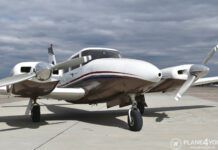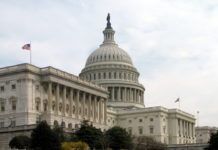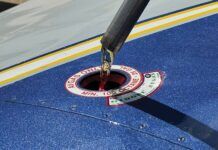 AOPA staffers met with officials from the White House Office of Management and Budget last week and explained that many general aviation pilots are not happy with a proposal that would require them to electronically provide advance notice and passenger manifests when crossing the U.S. border. “While the idea of telling Customs who is on the aircraft prior to entering the United States is OK with members,” said Andy Cebula, AOPA executive vice president of government affairs, “we reinforced the fact that the requirement to do this electronically would significantly impair general aviation operations.” The problem with the rule is that many GA airports in the border regions do not have the required Internet access. A final rule is expected within a few months, AOPA said.
AOPA staffers met with officials from the White House Office of Management and Budget last week and explained that many general aviation pilots are not happy with a proposal that would require them to electronically provide advance notice and passenger manifests when crossing the U.S. border. “While the idea of telling Customs who is on the aircraft prior to entering the United States is OK with members,” said Andy Cebula, AOPA executive vice president of government affairs, “we reinforced the fact that the requirement to do this electronically would significantly impair general aviation operations.” The problem with the rule is that many GA airports in the border regions do not have the required Internet access. A final rule is expected within a few months, AOPA said.
The original proposal would have made electronic filing the sole means of submitting Customs arrival/departure notification and passenger manifests. It also would have added a new requirement to notify Customs for approval of flight and passenger manifests at least 60 minutes before departing the United States. AOPA told the OMB that alternatives to electronically filing the manifests should include telephone, aircraft radio, or flight service, and in addition, aircraft weighing less than 12,500 pounds should be exempt from the rule. More than 3,000 public comments have been filed on the proposal, which is now under review.
































